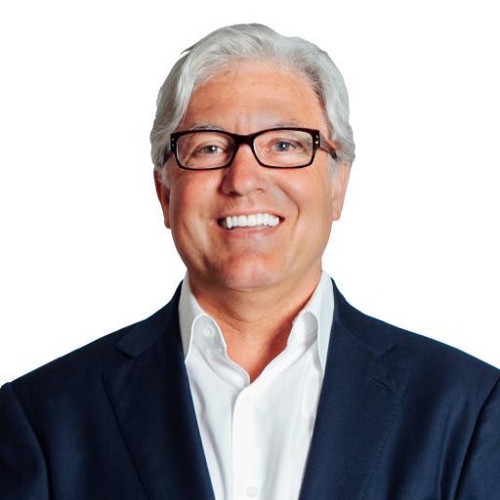As a professional counselor, I admit I can find the distressing situations of others compelling, the therapeutic version of watching an accident happen in the opposite lane of life. Lack of compassion, I hope, isn’t the reason but a fascination with how different people wind up in difficult circumstances and how they choose to address those difficulties. For example, I found myself intrigued with the news stories about 30-year-old Michael Rotondo, whose parents took him to court over failure to move out of the family home.[i]
The CNN story I saw reported that New York State Supreme Court Judge Donald Greenwood ruled in favor of Christina and Mark Rotondo and against their son. Since the beginning of February, the Greenwoods had served Michael with five separate notices, informing him he needed to move out of the room he’d been living in rent-free for, at least, eight years. Michael, who represented himself in the eviction action, said he should be given a six-month notice before being removed from the house. Judge Greenwood disagreed, saying, “I think the notice is sufficient.”[ii] From what I could piece together, Michael wanted to move out but there was a problem; he didn’t have a job. He has a plan for providing for himself but, in eight years, that plan hasn’t quite come to fruition, so Michael wanted the court to compel his parents to give him more time and, presumably, more free rent.
Watching the HLN interview imbedded in the CNN piece, Michael said finding a solution wasn’t possible and gave as a reason he was “trying to do what’s best for me.” Reading this story and watching the interview, I couldn’t help but be reminded of difficult family interventions I’ve participated in over the years, with distraught loved ones at wits end, trying to convince or compel better behavior from an addict. Michael, I said to myself, is an addict; he’s addicted to the lifestyle experienced in his parents’ home. I can’t be sure, but it seems Michael is afraid of being released from his rent-free nest into a harsh world where he would have to fend, at the very least financially, for himself. Michael isn’t hiding in the false safety of a drink or a hit, but he is hiding in his room. I imagine every time his parents tried to coax or coerce him out, there was always a reason why now just wasn’t the right time. That’s what I’ve heard addicts say; yes, they know they need to stop but just not today.
There are all sorts of legitimate reasons why adult children either stay or move back home. Housing prices, student loans, relationship disruptions, caring for aging parents are just a few. But too much of a good thing, well, isn’t always a good thing. A Pew Research poll in 2016 reported more 18-to-34-year-olds lived with their parents (32.1%) than lived with a spouse or partner (31.6%).[iii] I’m not sure that’s a positive, long-term trend. As Dr. Robi Ludwig was quoted, in a 2013 HuffPost article on adult kids living at home, “Living at home can be a great opportunity for young adults who need some time to get on their feet, but it’s only beneficial if the time is used wisely.”[iv]
I don’t think Michael Rotondo has used that time wisely. I don’t know about the last eight years but, at least, since February, he’s used that time to prepare a legal defense to remain in his childhood room. Just for a little more time. Just until the plan for providing for himself comes together. Just until he comes up with the next reason not to move. Just like an addict.
Michael Rotondo thought his parents were Aladdin’s Genie, always required to grant his third wish of three more wishes until Judge Greenwood ruled he was out of wishes and, subsequently, out of the house.
Authored by Dr. Gregory Jantz, founder of The Center • A Place of HOPE and
author of 37 books. Pioneering whole-person care nearly 30 years ago,
Dr. Jantz has dedicated his life’s work to creating possibilities for
others, and helping people change their lives for good. The Center • A
Place of HOPE, located on the Puget Sound in Edmonds, Washington,
creates individualized programs to treat behavioral and mental health
issues, including eating disorders, addiction, depression, anxiety and
others.
[i] https://www.cnn.com/2018/05/22/us/judge-rules-son-must-move-out-new-york-trnd/index.html
[ii] https://www.cnn.com/2018/05/22/us/judge-rules-son-must-move-out-new-york-trnd/index.html
[iii] https://www.npr.org/sections/thetwo-way/2016/05/24/479327382/for-first-time-in-130-years-more-young-adults-live-with-parents-than-partners
[iv] https://www.huffingtonpost.com/2013/08/13/adult-kids-at-home_n_3749061.html


